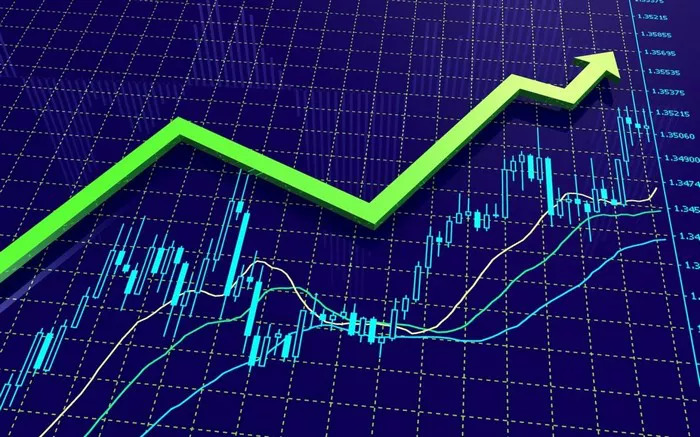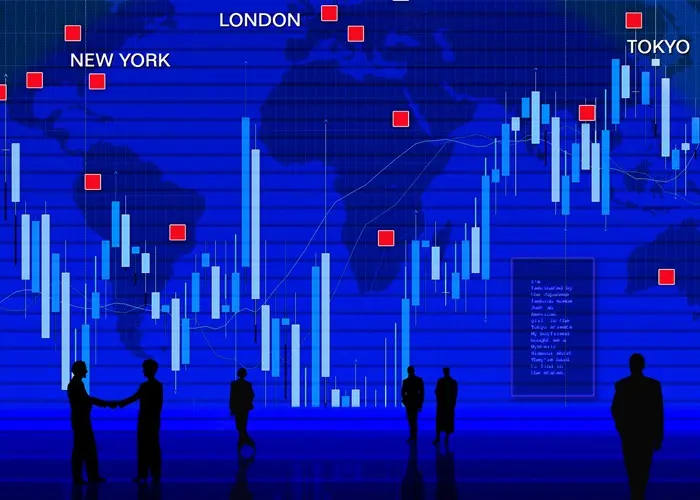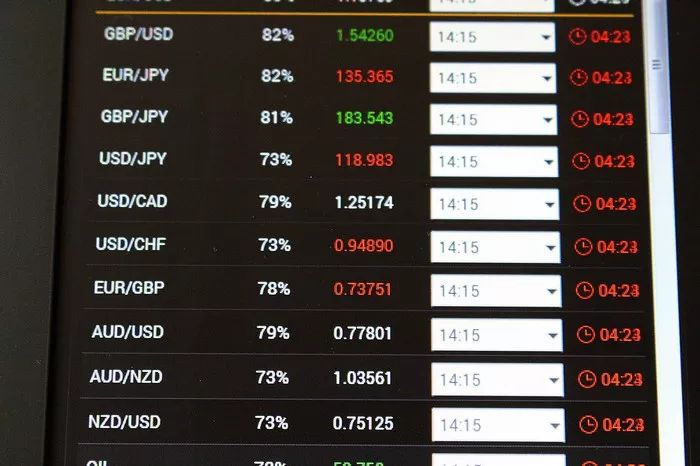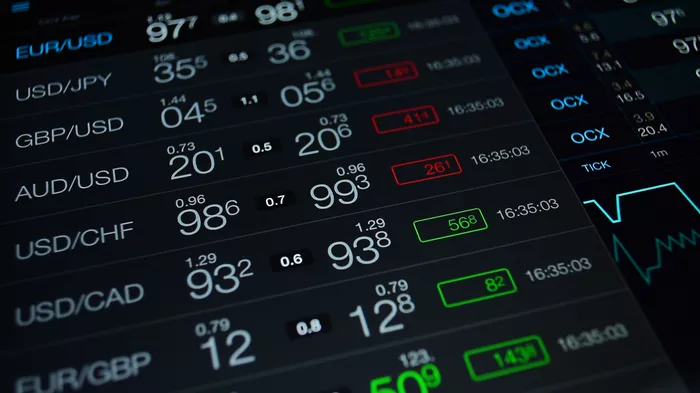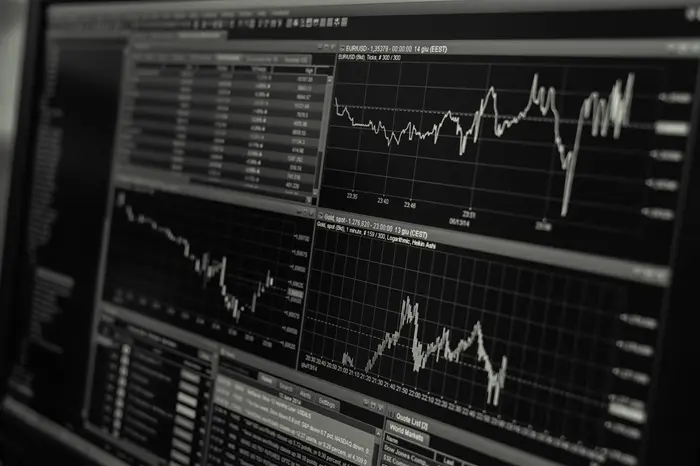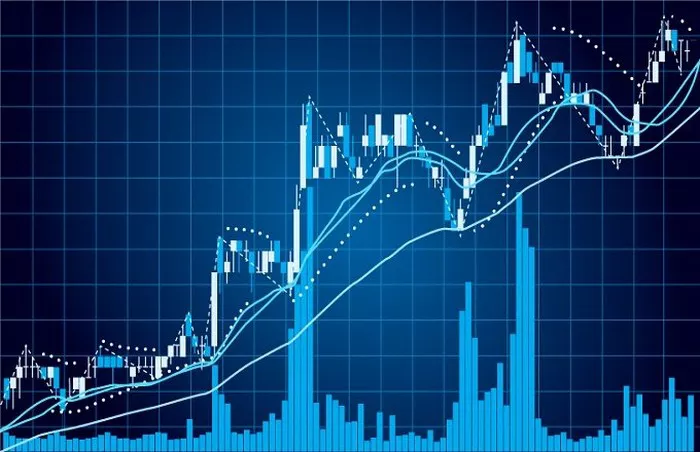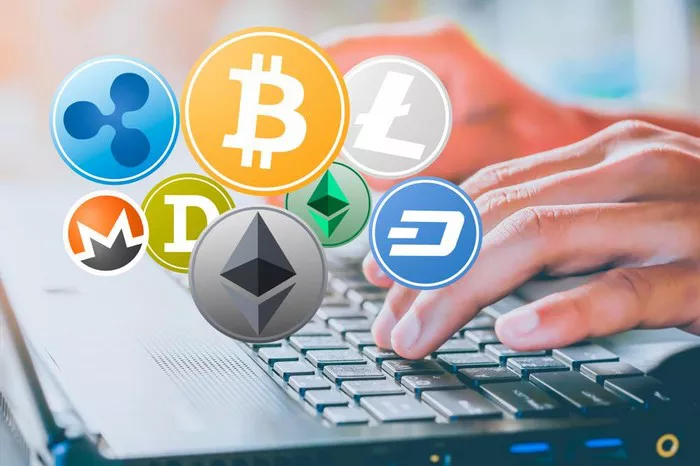The GBP/USD exchange rate, also known as “the cable,” is one of the most actively traded currency pairs in the global foreign exchange (forex) market. The value of the British pound (GBP) relative to the U.S. dollar (USD) fluctuates based on various economic, political, and market-driven factors. A drop in the GBP to USD exchange rate can have significant implications for businesses, investors, and individuals involved in international trade, tourism, or remittances.
Understanding why the GBP to USD has dropped requires an analysis of the factors influencing this decline. In this article, we will explore the reasons behind the recent drop in the GBP to USD exchange rate, focusing on economic indicators, political developments, and global events that may have contributed to this shift.
Economic Factors Behind the GBP to USD Drop
The strength of a currency is largely determined by the economic conditions of its respective country. Several key economic factors influence the exchange rate between the GBP and USD, including inflation, interest rates, economic growth, and employment data. When these factors shift, they can lead to fluctuations in the exchange rate.
1. Interest Rate Differentials
Interest rates are a crucial driver of currency value, as they impact the return on investment for assets denominated in that currency. When the Bank of England (BoE) or the Federal Reserve (Fed) raises or lowers interest rates, it directly affects the GBP/USD exchange rate.
In general, higher interest rates attract more investment, as investors seek to earn better returns. If the Federal Reserve raises interest rates while the Bank of England maintains a lower rate, the U.S. dollar becomes more attractive to investors. This leads to an increase in demand for the USD, causing the GBP/USD exchange rate to drop.
Conversely, if the Bank of England raises interest rates while the Federal Reserve keeps rates unchanged, the pound may appreciate relative to the dollar. However, in recent years, the U.S. Federal Reserve has generally maintained higher interest rates than the Bank of England, making the U.S. dollar more attractive.
2. Economic Growth Disparities
Economic growth is another important factor that influences currency values. When one country’s economy grows faster than another’s, the stronger economy often results in a stronger currency. For example, if the U.S. economy is growing faster than the UK economy, demand for the U.S. dollar increases as investors seek to capitalize on the economic growth in the U.S.
In recent years, the U.S. economy has experienced a period of relatively strong growth, driven by consumer spending, job creation, and a robust business environment. On the other hand, the UK economy has faced challenges such as slow growth, rising inflation, and uncertainties related to Brexit. These economic disparities have contributed to a weaker GBP relative to the USD.
3. Inflation Rates
Inflation is another key factor that can impact the exchange rate between the GBP and USD. Inflation erodes the purchasing power of a currency, making it less attractive to investors. When inflation in the UK rises faster than inflation in the U.S., the value of the GBP tends to decrease relative to the USD.
The Bank of England uses interest rates as a tool to control inflation. When inflation is high, the BoE may raise interest rates to cool down the economy. However, if inflation in the UK remains persistently high while inflation in the U.S. is more controlled, the GBP may continue to weaken against the USD.
4. Employment Data and Unemployment Rates
Employment data, including the unemployment rate and job creation numbers, plays a critical role in determining the strength of a currency. A strong labor market is often seen as a sign of a healthy economy, which can support a stronger currency.
The U.S. has had relatively low unemployment rates in recent years, indicating a healthy job market and economic stability. In contrast, the UK has faced challenges with employment and underemployment, contributing to a weaker pound. High unemployment or underemployment in the UK puts pressure on the BoE to maintain low interest rates, which in turn reduces the appeal of the pound.
Political Factors Affecting the GBP to USD Exchange Rate
In addition to economic factors, political events and developments can have a significant impact on the value of a currency. Political instability, policy changes, and government actions can all influence investor confidence and, by extension, the GBP/USD exchange rate.
1. Brexit Uncertainty
One of the most significant political events in recent years that has affected the GBP/USD exchange rate is Brexit, the United Kingdom’s decision to leave the European Union. The uncertainty surrounding the UK’s future relationship with the EU has led to volatility in the value of the pound.
Brexit created a period of political instability in the UK, with concerns over trade disruptions, the potential for a “hard Brexit,” and the long-term economic impact of leaving the EU. Although the UK officially left the EU in January 2020, the effects of Brexit continue to be felt, and uncertainty surrounding trade deals, regulations, and the future economic relationship between the UK and the EU persists.
This uncertainty has often weighed on the value of the GBP. Investors prefer stability and clarity, and the prolonged period of political instability following the Brexit referendum led to reduced confidence in the pound. As a result, the GBP/USD exchange rate has experienced significant fluctuations.
2. U.S. Political Stability and Global Influence
In contrast to the political instability in the UK, the U.S. has generally enjoyed greater political stability, which has bolstered confidence in the U.S. dollar. Although the U.S. political system is not without its challenges, the dollar remains a global reserve currency and is widely used in international trade and finance.
The U.S. dollar’s status as the world’s primary reserve currency makes it highly sought after, especially during periods of global uncertainty. When investors are uncertain about political or economic conditions in other parts of the world, they tend to flock to the U.S. dollar as a safe-haven asset, causing the value of the USD to rise relative to other currencies, including the GBP.
3. Government Policies and Stimulus Measures
Government policies, such as fiscal stimulus packages and monetary interventions, can also affect the value of the GBP and USD. For instance, the U.S. government has implemented large-scale stimulus measures in response to economic downturns, including the COVID-19 pandemic. While these measures have supported the U.S. economy in the short term, they have also increased the supply of dollars in circulation, potentially contributing to inflation concerns.
On the other hand, the UK government has faced its own challenges in managing public finances and implementing fiscal policies to address the economic fallout from the pandemic and Brexit. These policy responses, as well as the UK’s efforts to manage its debt levels, can influence investor perceptions of the GBP’s stability and future prospects.
Global Events Impacting the GBP to USD Exchange Rate
Apart from domestic economic and political factors, global events and trends can also have a significant impact on the GBP/USD exchange rate. These events can include changes in commodity prices, geopolitical tensions, and global financial crises.
1. Commodity Prices and the U.S. Dollar
Commodity prices, particularly oil, have an indirect impact on the value of the GBP/USD exchange rate. The U.S. dollar is often influenced by changes in the price of oil because the dollar is the primary currency used in global oil trade. When oil prices rise, the U.S. dollar tends to strengthen, as oil-exporting countries accumulate more dollars.
Since the U.S. is a net importer of oil, fluctuations in oil prices can influence the trade balance and overall economic conditions. If oil prices rise significantly, the U.S. dollar may appreciate relative to other currencies, including the British pound.
2. Geopolitical Tensions and Global Uncertainty
Geopolitical events such as conflicts, trade wars, and tensions between major economies can also affect the GBP/USD exchange rate. For example, during times of geopolitical instability, investors may flock to safe-haven assets like gold and the U.S. dollar. This increased demand for the USD can cause the GBP to weaken.
Global events, such as the COVID-19 pandemic, have also had significant implications for currency markets. The pandemic caused widespread economic disruption, and governments around the world responded with stimulus measures and lockdowns. These events led to increased demand for the U.S. dollar as a safe-haven currency during times of uncertainty, contributing to the GBP/USD drop.
3. Global Financial Crises
In times of global financial crises or market corrections, currencies are often impacted by changes in investor sentiment and risk appetite. During a financial crisis, investors tend to seek out the safest and most liquid assets, which include the U.S. dollar. This flight to safety causes the value of the U.S. dollar to increase relative to other currencies, including the British pound.
The global financial crisis of 2008, for example, led to a significant drop in the GBP/USD exchange rate, as investors flocked to the USD amidst widespread economic instability.
Conclusion
The GBP/USD exchange rate is influenced by a wide range of factors, both domestic and global. Economic factors such as interest rates, inflation, and employment data play a significant role in determining the value of the British pound relative to the U.S. dollar. Political events, including Brexit and government policies, have also contributed to the volatility of the GBP/USD pair.
Additionally, global events such as commodity price fluctuations, geopolitical tensions, and financial crises can have a profound impact on the exchange rate. The ongoing challenges in the UK economy, combined with the strength of the U.S. dollar and the global demand for safe-haven assets, have contributed to the recent drop in the GBP/USD exchange rate.
As currency markets continue to respond to economic data, political developments, and global events, it is important for investors and traders to stay informed about the factors influencing the GBP/USD exchange rate. Understanding the underlying drivers behind currency fluctuations can help market participants make more informed decisions and manage their exposure to currency risk.
Related topics:

